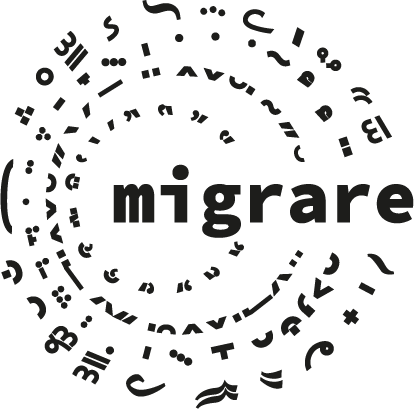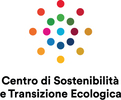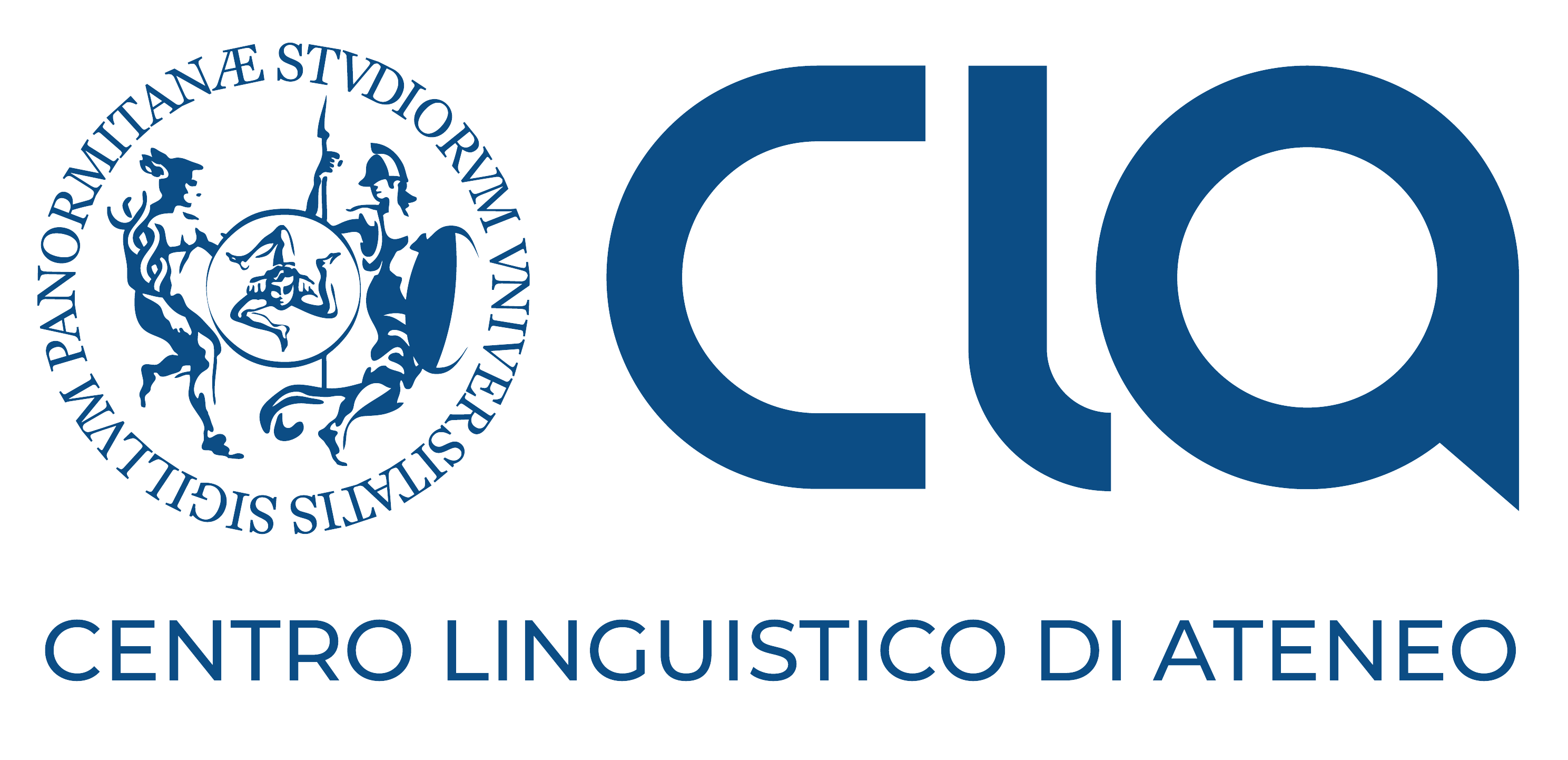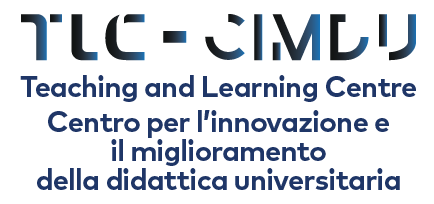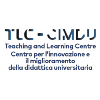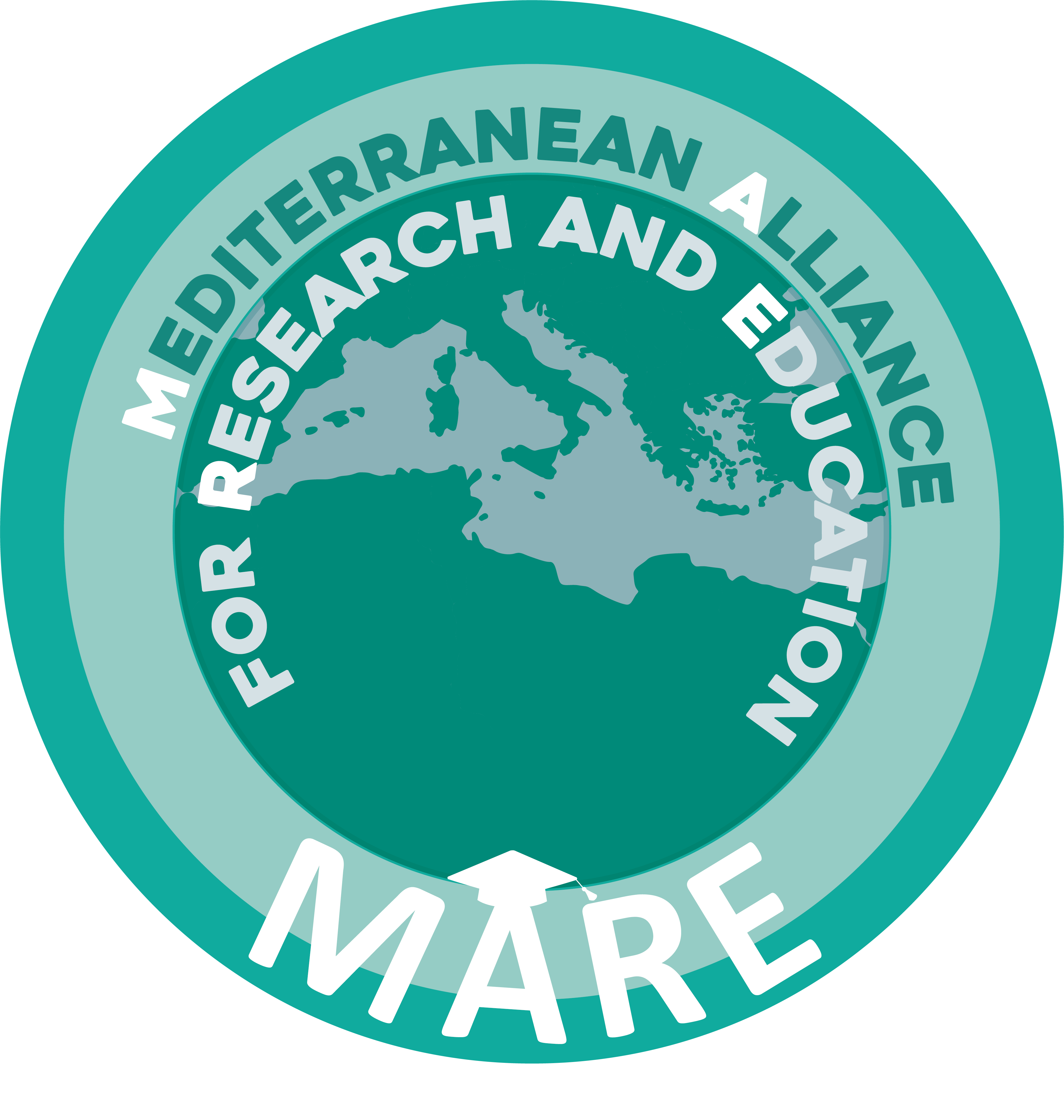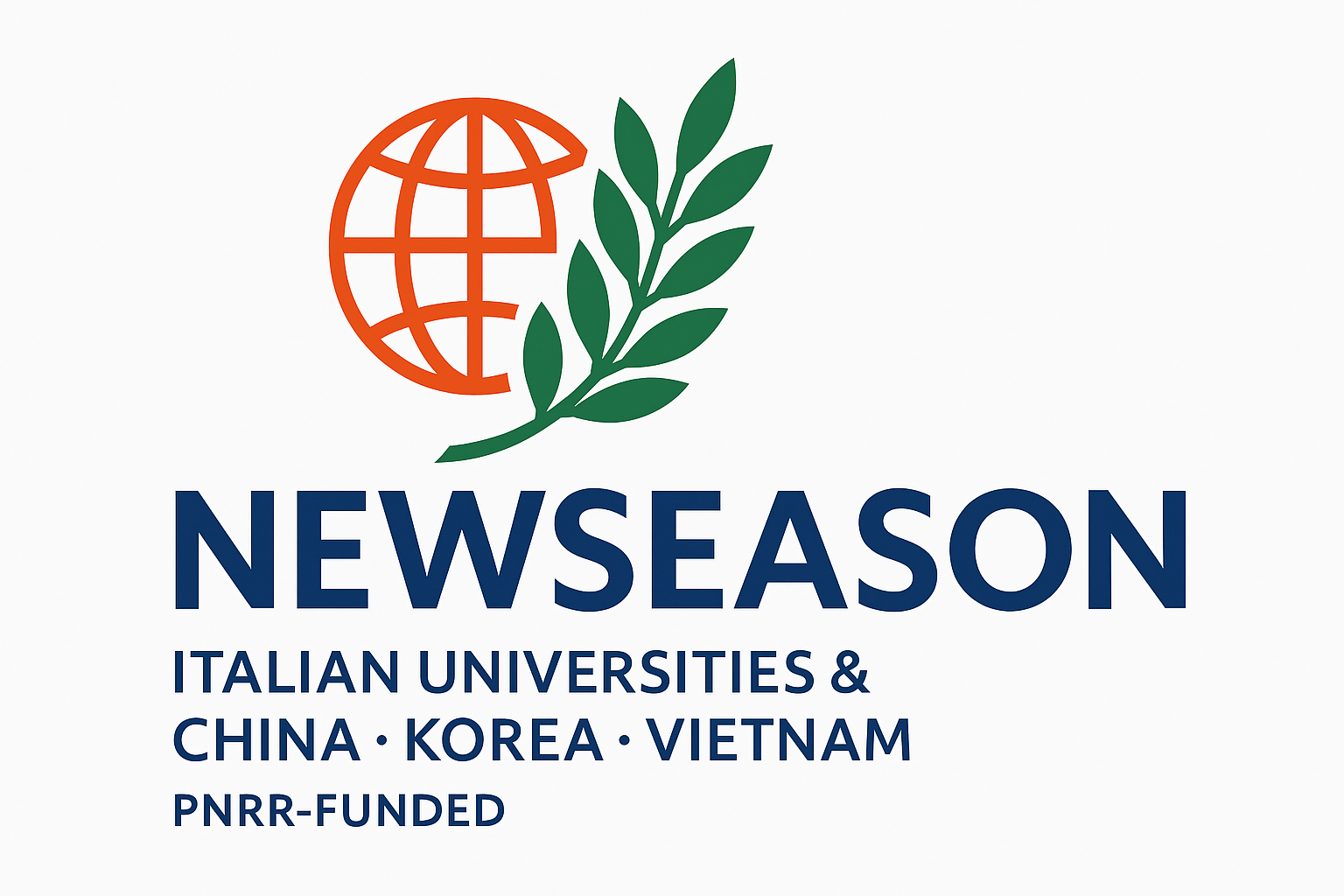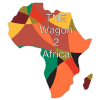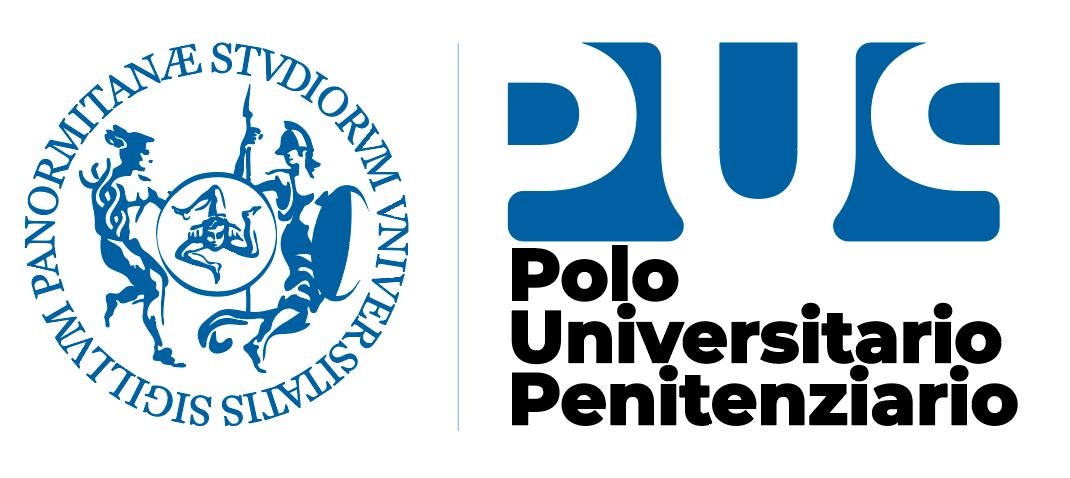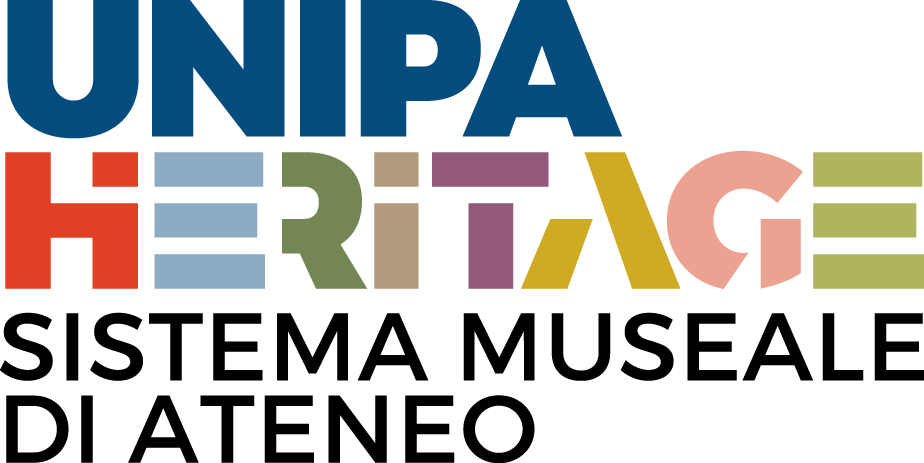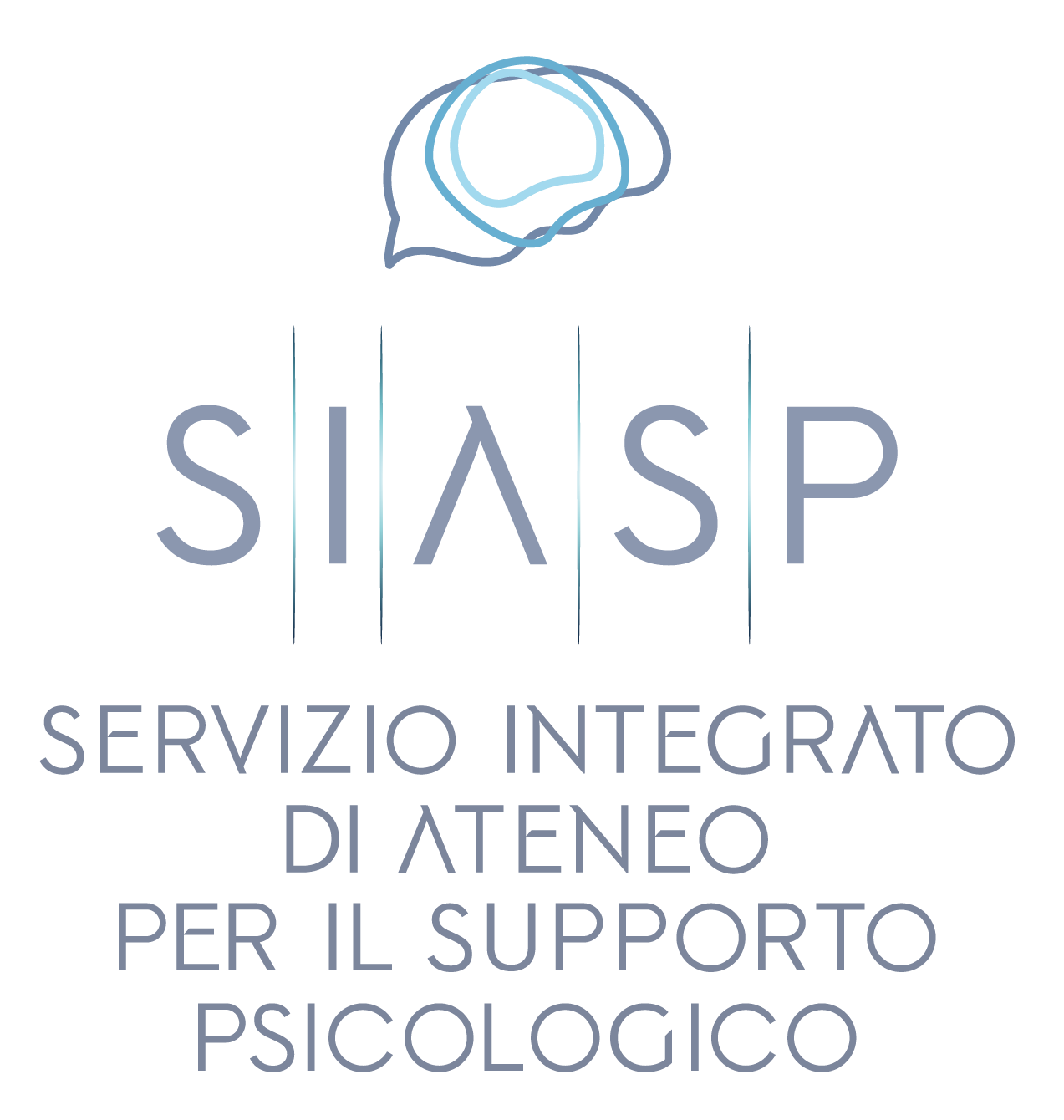Project
Ascolta
COLTA explores collective catering and canteens as meaning-making systems that shape strategic narratives and influence social dynamics.
The project is structured around the following key objectives:
- Collective Catering & Urban Change - Examine how collective catering contributes to urban transformations, positioning it within contemporary debates on public space and social infrastructure.
- Historical & Theoretical Perspectives - Trace the historical evolution of collective catering, analyzing its philosophical, semiotic, anthropological, ecological, and design implications.
- Cultural Narratives & Representations - Investigate how canteens are depicted in films, literature, journalism, and advertising, revealing their symbolic and social significance.
- Ethnographic Fieldwork & Emerging Models - Analyze innovative approaches to collective catering, focusing on key examples such as: Caritas initiatives, Massimo Bottura’s Refettorio Ambrosiano, The Academic Tables (University of Gastronomic Sciences, Pollenzo), other catering practices and business models in the cities where COLTA operates.
- Rhetoric & Experience of Collective Catering - Identify the communicative strategies and social dynamics that shape the experience of collective meals.
- From Feeding to Conviviality - Explore how canteens can evolve from mere food distribution sites into spaces of community-building and social negotiation.
- Co-Creation & Participatory Models - Investigate collaborative approaches (co-creation, co-design) to reimagine canteens as hubs of shared value production.
- Sustainability & Future Scenarios - Define innovation pathways that align collective catering with circular economy principles, making it a driver of social and environmental sustainability.








